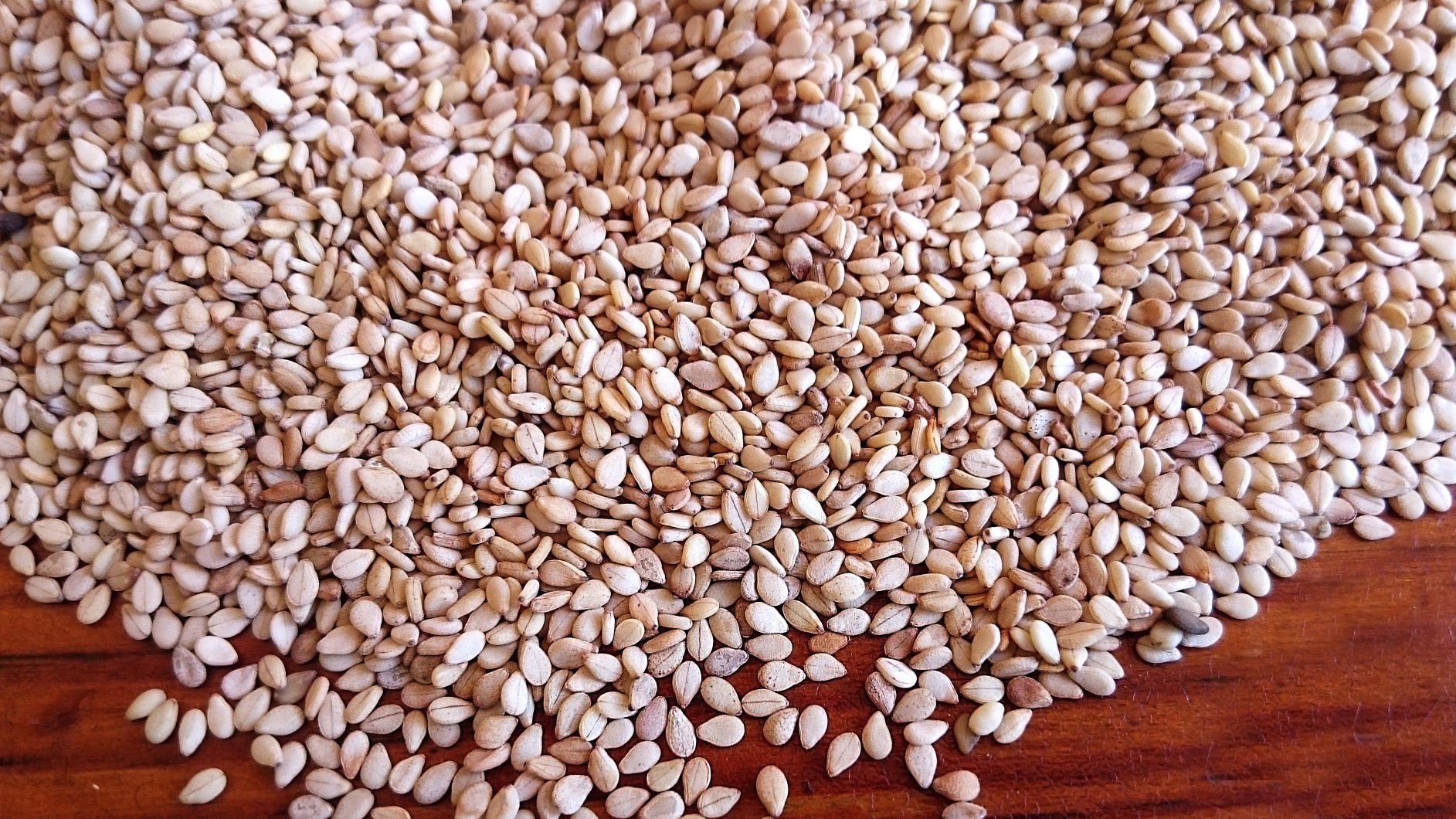
This project aimed to increase stakeholder revenue in Sudan's sesame seed value chain by enhancing their capacity to comply with food safety and quality requirements for export to high-end markets such as Japan, Korea and the EU.
Focused on small-scale farmers from the states of North Kordofan and Al Qadarif, the project contributed to export diversification of the non-oil industry while improving the quality and safety of sesame seeds.
UNIDO facilitates business linkages for Sudan with international market - 20 January 2022
Sudan's agricultural sector, which comprises a third of the country's economy and employs up to 80% of households, is essential to the diversification of the economy. However, sesame exports are limited to countries in the region – Saudi Arabia, Egypt, Syria, Lebanon and Jordan – and China as the product failed to meet the SPS standards of high-end markets such as Japan, Korea and the EU. This was due to pest contamination, microbiological contamination and noncompliance in terms of pesticide residues in final products. More specifically, the main reasons behind products being rejected were traces of aflatoxins, salmonella and restricted agricultural chemicals.
The project focused on reducing SPS deficiencies by enhancing stakeholder capacity while strengthening testing services and upgrading laboratory capabilities. This will enhance Sudan's ability to supply safe, high-quality sesame seeds to various export markets.
Improved compliance with SPS measures and implementation of good agricultural practices
- The project adopted the farmer field school approach to train targeted farmers on good agricultural practice and SPS compliance. Six farmer field schools were established. More than 400 farmers (40% women) and 50 post-harvest sesame handlers in North Kordofan and Al Qadarif were trained on land preparation and the use of improved seeds and weed control.
- The farmer field school approach enhanced the exchange of knowledge and experience between farmer groups; helped build strong relationships between research, extension and farmers; and established linkages between farmers, traders and exporting companies.
Reviewed Sudan's plant legislation and export control system
- Working with the National Plant Protection Organization, the project supported a detailed review of Sudan's plant health legislation to identify gaps and provide recommendations for improvement. A proposal on an export control system was prepared and submitted to government. The aim was to identify gaps in quality control and improve multi-agency coordination among government agencies and the quality infrastructure system by adopting a risk-based approach.
Developed local and international business linkages
- A business-to-business event connected 24 Sudanese sesame producers with 27 buyers from Japan, South Korea, China, the EU and the Middle East. The producers and buyers explored opportunities to enhance market access and export revenue.
- To support the building of a national network, a directory of actors in the sesame value chain was developed, comprising 200 farmers each from the North Kordofan and Al Qadarif states, as well as post-harvest handlers, auction centers and transporters.
Improved export opportunities by complying with SPS measures and other safety standards
- Eight practical guides for farmers, post-harvest handlers and exporters on post-harvest, transportation, oil extraction, traceability and market compliance were prepared. The aim was to consolidate and disseminate knowledge and promote best practices at each stage of the sesame value chain for quality assurance.
- A paper-based traceability system was prepared as part of the guides to ensure that transactions between buyers and sellers are recorded, and that batches are identifiable and distinguished from each other. Sixteen companies were trained on the implementation of the traceability system.
Participatory education approaches, such as farmer field schools, are highly effective in building knowledge and transferring improved skills. However, farmers need access to improved agricultural inputs. Partnerships with local microfinance institutions and other service providers are needed to assist farmers in accessing these inputs.
In societies where it is difficult for women and male farmers and trainers to mix, women-only training should be provided. Understanding the incentives and requirements for trainers to continue delivering training is also important. Embedding trainers in existing institutions can help encourage a more sustainable approach, while online training can expand reach and save resources.
Given the weak vertical linkage among various actors in the value chain, there is usually a lack of incentives to farmers or other actors to invest in the implementation of quality assurance measures and good practices. As such, there is a need to strengthen linkages and promote collaboration within agricultural value chains to achieve high levels of quality assurance and traceability. By fostering a sense of shared responsibility and incentivizing all actors to prioritize quality, the entire value chain can thrive, benefiting not only the individual stakeholders but the consumers who rely on safe and reliable agricultural products.